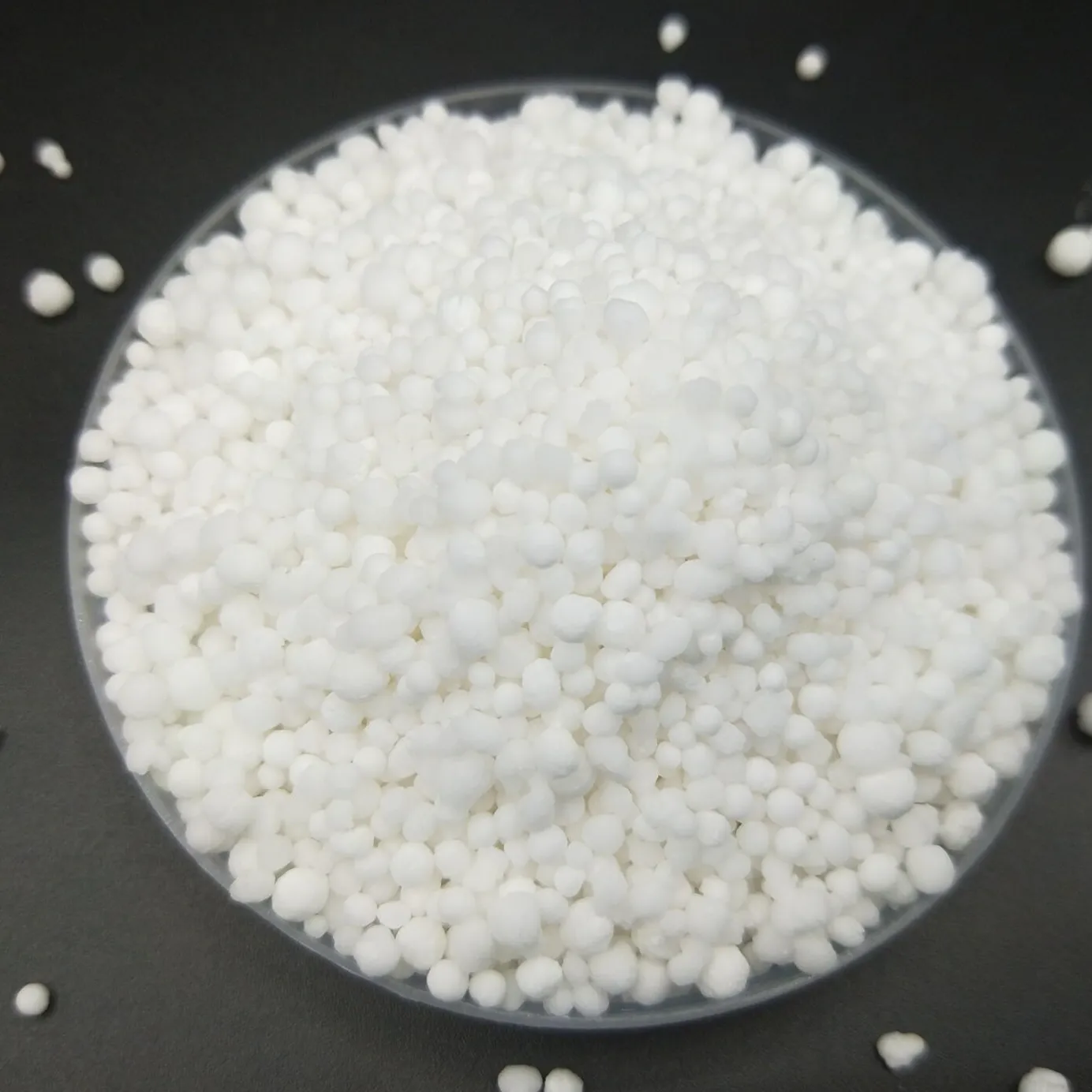
Dec . 17, 2024 00:41 Back to list
ammonium sulfate fertilizer blueberries
The Role of Ammonium Sulfate Fertilizer in Blueberry Cultivation
Blueberries have become increasingly popular among consumers due to their exceptional health benefits and delightful flavor. To achieve optimal growth and yield, particularly in acidic soil conditions, blueberry farmers are turning towards ammonium sulfate fertilizer as an effective nutrient source. This article explores the benefits of ammonium sulfate for blueberry cultivation, its application methods, and the ideal growing conditions for blueberries.
Understanding Ammonium Sulfate
Ammonium sulfate is an inorganic salt widely used as a fertilizer. It contains two essential nutrients nitrogen (21% by weight) and sulfur (24% by weight). The nitrogen provided by ammonium sulfate is in an ammonium form, which is readily accessible to plants, particularly during the early stages of growth. The sulfur in ammonium sulfate not only aids in plant metabolism but also helps to improve soil health by enhancing microbial activity.
Benefits for Blueberry Plants
Blueberries thrive in acidic soil, with a pH range of 4.5 to 5.5 being optimal for their growth. Ammonium sulfate can help maintain this desired pH level, as it tends to lower soil pH when applied. This property makes ammonium sulfate particularly suitable for blueberry cultivation, which typically requires acid-loving conditions.
1. Enhanced Growth and Yield The nitrogen content in ammonium sulfate promotes leaf and stem development, which is vital for blueberry plants. Healthy foliage contributes to greater photosynthetic efficiency, ultimately leading to higher fruit production.
2. Improved Taste and Quality Nitrogen is crucial for the development of phenolic compounds in blueberries, which enhance the taste and nutritional profile of the fruit. By optimizing nutrient levels, farmers can improve both the flavor and health benefits of the blueberries they produce.
3. Sulfur Benefits Sulfur is essential for producing amino acids and proteins, both critical for plant growth and fruit quality. Adequate sulfur levels also improve the absorption of other nutrients, ensuring that blueberry plants receive a well-rounded diet.
Application Techniques
ammonium sulfate fertilizer blueberries

When using ammonium sulfate in blueberry cultivation, timing and application rates are essential for maximizing its benefits
. Recommended application periods include early spring, just as new growth begins, and again after harvest.1. Soil Testing Before applying ammonium sulfate, conducting a soil test is crucial. This analysis helps determine existing nutrient levels and pH, guiding farmers on the appropriate amount of fertilizer to use.
2. Rate of Application A general recommendation is to apply 1 to 2 pounds of ammonium sulfate per 100 square feet, depending on soil test results and plant age. Younger plants typically require less, while established plants may benefit from higher amounts.
3. Method of Application Ammonium sulfate can be applied in several ways, including broadcasting over the soil surface, incorporating it into the topsoil, or using fertigation (applying fertilizers through irrigation systems). Each method has its advantages, and farmers should choose based on their specific practices and equipment.
4. Monitoring After application, it’s important to monitor plant growth and soil conditions. Adjusting the amount and timing of ammonium sulfate based on observations will ensure that blueberries receive the right nutrients at the right time.
Best Practices for Blueberry Cultivation
In addition to using ammonium sulfate, blueberry growers should consider other best practices to boost their crop. Ensuring adequate water supply, mulching to retain moisture, and implementing pest and disease management strategies are all crucial for successful blueberry farming.
Furthermore, incorporating organic matter, such as compost, can enhance soil structure and microbial diversity, ultimately improving nutrient availability and water retention.
Conclusion
Ammonium sulfate serves as an excellent fertilizer option for blueberry cultivation, contributing vital nutrients that improve plant growth, fruit quality, and soil health. By carefully considering its application and integrating it within a comprehensive management strategy, blueberry farmers can produce high-quality fruit that delights consumers and meets market demands. With the increasing interest in nutritious produce, investing in effective fertilizers like ammonium sulfate can help ensure the sustainability and profitability of blueberry farming.
-
Organic 10-10-10 Fertilizer | Balanced Plant Nutrients
NewsJul.31,2025
-
Premium Amino Acid Fertilizer | Rapid Plant Growth Booster
NewsJul.31,2025
-
10 10 10 Fertilizer Organic—Balanced NPK for All Plants
NewsJul.30,2025
-
Premium 10 10 10 Fertilizer Organic for Balanced Plant Growth
NewsJul.29,2025
-
Premium 10 10 10 Fertilizer Organic for Balanced Plant Growth
NewsJul.29,2025
-
Premium 10 10 10 Fertilizer Organic for Balanced Plant Growth
NewsJul.29,2025
